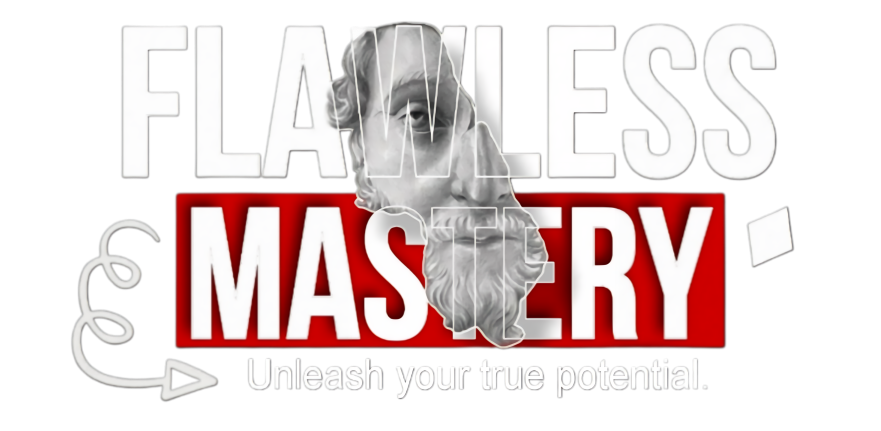Laughing back throws them off and makes them feel embarrassed.
• If someone is yelling at you say: “Are you having a bad day?”
This question can make them stop and rethink their behavior.
• Ask open-ended questions to make them feel valued.
Questions like “What do you think about…?” show that you care about their opinion and keep the conversation going.
• Lean in a bit when listening to someone.
This shows you’re really interested and encourages them to share more.
• Use silence to get more information.
After asking a question, pause. The quiet will often make the other person talk more.
• Never raise your voice, speak slower.
Speaking slowly helps you sound more confident and in control, shows that you can’t be triggered.
• Match their energy to create harmony.
If they’re calm, be calm. If they’re excited, show enthusiasm.
• Give two choices to guide their decision.
Giving options makes it easier for them to choose and makes people feel in control, even if both lead to the outcome you want.
• Smile when you say hello.
A genuine smile makes you seem approachable and creates a positive feeling.
• If someone tries to insult you, just look them in the eyes and stay quiet.
This shows you’re confident and might make them feel awkward, stopping the insult.
• If anybody stares at you, stare back with a calm, cold look.
This shows you’re not intimidated and can make them feel uncomfortable, making them look away.
• When someone apologizes to you, instead of saying “no problem,” say “thank you.”
This shows maturity and makes the other person feel valued for acknowledging their mistake.
• Always maintain eye contact when shaking hands.
It creates instant trust and shows confidence and respect,
• Compliment people on traits they’re proud of, not just their looks.
Compliment their skills, intelligence, or kindness to make them feel valued for who they really are.
• Pause before responding.
It make your words seem more thoughtful and in control, making your response more meaningful.
• If you’re late, just say “thank you for waiting” instead of “sorry.”
This shifts the focus from the mistake to appreciation, making the other person feel valued.
• Instead of saying “I know,” say “You’re right.”
This shows you value their opinion and keeps the conversation positive.
• If you want to see if someone is lying, maintain eye contact.
This makes them feel uncomfortable and nervous, as liars often avoid eye contact.
• Limit your availability.
Being less accessible can make others value your time more.
• People are more likely to support your idea if they think it’s their own.
Let them feel like the idea is theirs, and they’ll be more favorable to it.
• Ask for advice.
People like being asked for advice because it makes them feel important, and they’re more likely to help you.
• Create a sense of urgency.
Use time-sensitive words to make people act quickly, so they don’t feel like they’re missing out.
• Don’t interrupt.
Letting others finish speaking shows respect and encourages them to open up more.
• Offer help, even if it’s small.
It shows you care and builds trust.
• If you need a favor, start by asking for something small.
People are more likely to help when you begin with a small request.
• Act confident, even if you’re not sure.
Confidence can make people believe you know what you’re talking about, even if you’re not sure.
• Be approachable with your body language.
Keep your body language open and relaxed. It makes people feel comfortable and welcome around you.
You can also check this article on verwellmind for more.
Final Thoughts
Psychology tactics are like tools—it’s up to you how you use them. When used the right way, they can help you build trust, connect with others, and understand people better. These tactics can also improve your communication skills and help you handle situations more easily. But remember, the goal isn’t to manipulate or control; it’s about improving yourself and create stronger, positive relationships. Use these tactics to grow your confidence, communicate better, and make your life and relationships better.
These tactics are widely discussed on social media and in books, I’ve personally tried many of them in my own life—they really work! They’ve helped me feel more confident, talk to people better, and handle tricky situations more easily. Now, I’d love to hear from you! Have you used any of these tactics before? Which one do you find most helpful? Let’s talk in the comments below!
If you want to grow on your self-improvement journey check out my other guides as well. I’m sure they’ll help you a lot.
Your Questions Answered
Q1: Are psychology tactics manipulative?
No, they’re not manipulative unless you use them with bad intentions. The main idea is to use these tactics in a positive way to build better relationships and communicate more effectively, not to trick or control anyone.
Q2: Do these tactics work on everyone?
Not always. Everyone is different, so what works for one person might not work for another. You need to adjust the tactics depending on the situation and how the person behaves.
Q3: What should I avoid when using these tactics?
Don’t use these tactics to trick, control, or manipulate others. If you misuse them, it can hurt relationships and break trust.
Q4: Can these tactics help me build confidence?
Yes, things like holding eye contact, talking slowly, or acting confident can help you feel more confident as you practice them.
Q5: How can I use these tactics in everyday life?’
Start by practicing things like active listening, maintaining good eye contact, and using positive body language. With time, these will become habits.
Q6: How can these tactics help me on my self-improvement journey?
Using these tactics for personal growth helps you build stronger relationships and become a better communicator, which adds value to your life and others




